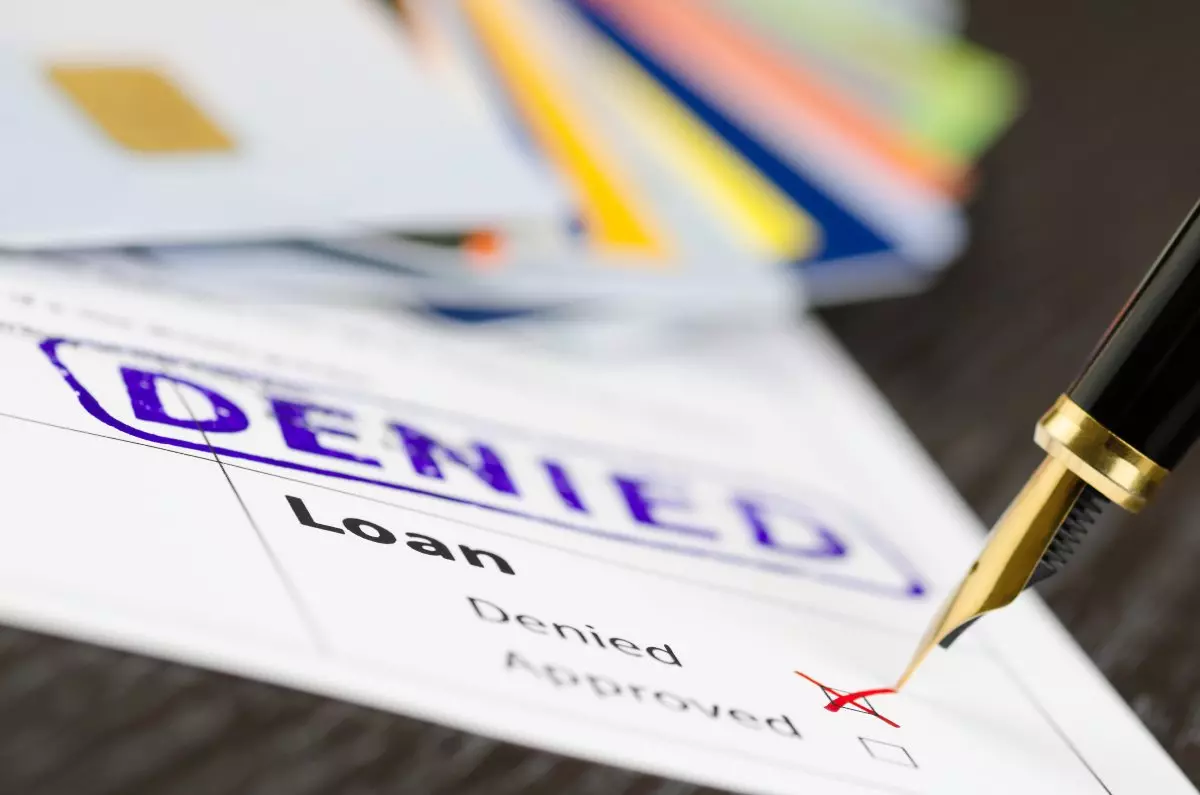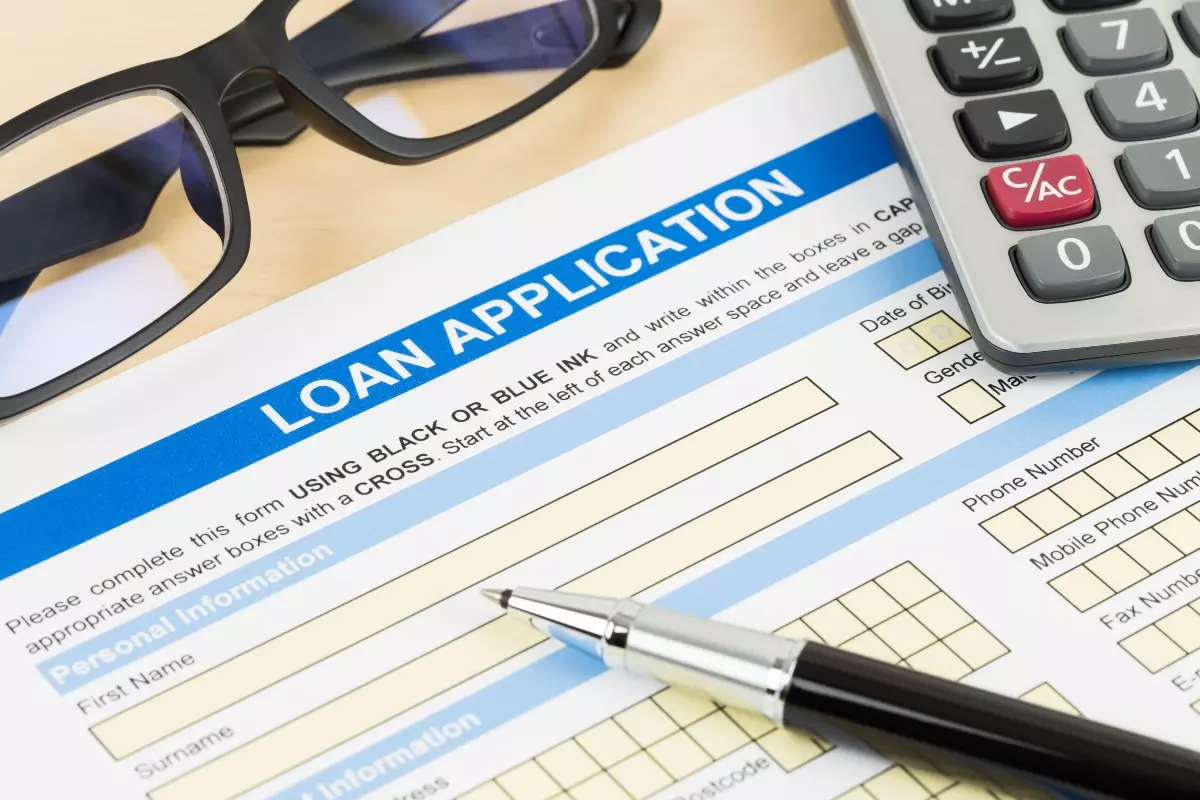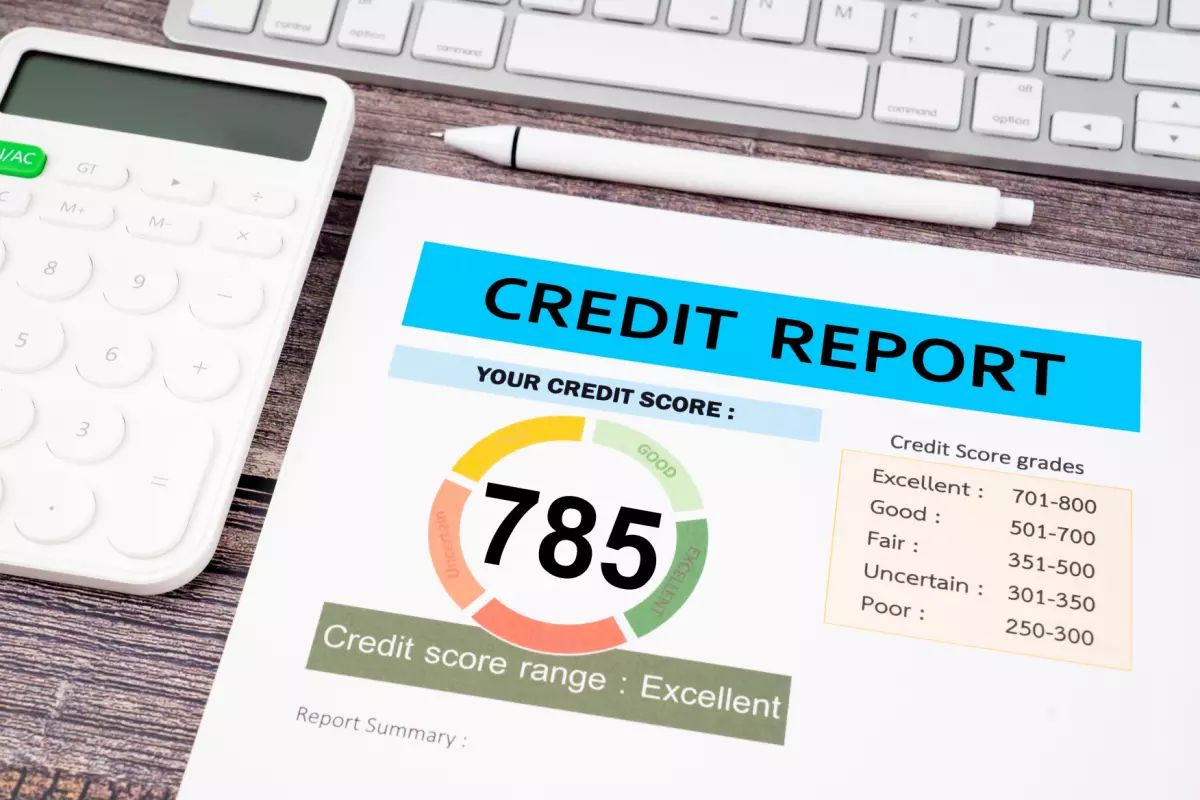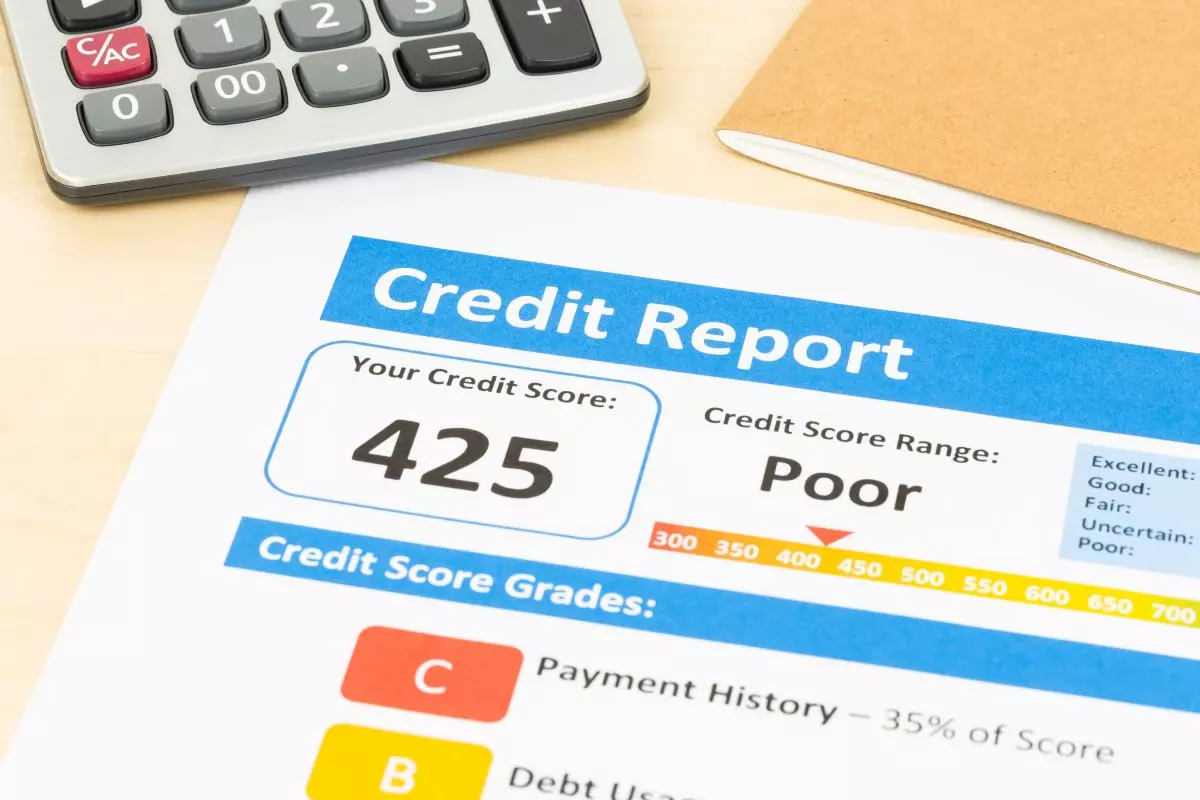Lender Rejects Your Loan Application – What to Do?
According to the credit bureau TransUnion, in 2020, 19.4 million Americans had a personal loan. The number was 20.2 million in 2019. This indicates that understanding loan options is crucial for people in need of financial support. However, what if your loan was denied during the loan process? What can you do if you need a loan but keep getting declined due to unmet credit score requirements?
Financial emergencies are trying times, and many loan applicants experience even more stress when they are denied. However, there may be steps you can take to remedy the situation. If you have been denied a loan, keep reading to understand why that may be the case and some actionable steps you can take to improve your chance for eligibility.
Loan Denied: When the Lender Rejects Your Loan Application
It can be rather painful to receive a rejection, whether for mortgages, student loans, or personal loans. For example, if you’ve been denied an auto loan, now what?

You should improve your situation with attention to credit score requirements, and we’ll discuss how below.
Know the Loan Denial Reasons
Your loan was denied, but do you know the reasons? It might be because of various reasons mentioned below:
You Didn’t Meet the Lender’s Debt-to-Income (DTI) Ratio
DTI compares how much you owe monthly to how much you earn. Most lenders use this ratio to see whether you can handle your repayment. Lenders generally accept ratios of no more than 36%. The loan process includes this assessment, which considers the loan amount, your income, and existing debts. So, if the lender finds you can’t take on new debt, you likely won’t get approved for financing.
Poor or No Credit
If you have bad credit or lack any credit, you may have difficulty securing a loan. The reason is that lenders may consider you a default risk. The FICO (Fair Isaac Corporation) score is the most popular credit score in the United States.
The credit scores range from 300 to 850. Those from 670 to 739 are tabbed as “good.” Any past defaults will have left your score in shambles. It takes seven years for a default to disappear from your credit report.
Insufficient Funds
Lenders are interested in whether you can pay back the loan amount or not. So, they look at your income to determine your eligibility. You should have enough income to make your minimum monthly loan payments, which are typically around $1,000 per month. However, this requirement can vary by lender.
Unable to Provide Collateral
Some lenders require collateral, a form of security, and if you lack it, you won’t get approved for funding. The reason is that the lender wants to be sure you can repay the loan. Collateral, such as your home or car, minimizes the risk for lenders. If you default on your loan, the provider can seize the collateral and sell it to recoup losses.
Incomplete Application
An incomplete application can be another reason why you’ve been rejected. So, when applying for financing, make sure to submit a complete application with all the required documentation, such as proof of identity and income.

Providing the necessary documentation during the loan process can save you from delays.
Changes to Your Income
Lenders love stability in your income. So, if you took a pay cut, the lender might not be willing to work with you. Lenders want to see a stable income that will allow the borrower to pay them back. Typically, loan providers prefer to see the borrower with the same employer or in a similar position for at least two years.
Thankfully, today, there are opportunities to make extra money you couldn’t dream of years ago. A freelance job can save you from even needing a loan or it can supplement your full-time salary and may boost your chances of qualifying for a loan. Understanding the importance of your income, credit score requirements, and loan options can make a difference.
Bankruptcy
If you’ve recently filed for bankruptcy, be aware that this will likely result in damage to your credit score. Bank statements, credit card debt, and student loans can all impact this score, which is critically reviewed by most lending institutions. Expect most lenders to deny your application if you have a bankruptcy listed on your credit report.
However, certain high-risk funding providers don’t shy away from hard-to-approve borrowers, including those looking for home equity loans. Even with stricter credit requirements, they may still be willing to consider your application. Importantly, you can rebuild your credit after bankruptcy with time and a consistent repayment history.
How Long After Being Declined for a Loan Can I Apply?
This is one of the top questions borrowers are interested in. So, when can you apply for a new loan after receiving a credit denial letter, a formal statement that a financial institution issues when declining an application to obtain capital?
Don’t apply for a new loan immediately after a denial. Too many inquiries on your credit report can hurt your score, thus making it more challenging for you to receive approval from a funding provider.

While you may feel frustrated when receiving a loan denial, this isn’t a long-term problem. Instead, take time to improve your credit score or reduce debt through measures such as diligently paying off credit card debt or staying current on student loans.
What to Do After Loan Rejection
Now, let’s see what you should do to improve your situation. Here are some typical steps to take after rejection:
Get Your Credit Report
Close up on individual checking credit report paperwork
First, get your report from credit bureaus Experian, Equifax, and TransUnion, which you can do by visiting AnnualCreditReport.com. Under the Fair Credit Reporting Act (FCRA), each of the mentioned nationwide consumer reporting agencies can provide a free copy of your credit report once every 12 months.
Review Your Credit Report
Next, take a close look at your report to make sure there are no errors that might drag down your rating. If you find negative marks, like late payments on student loans or high credit card debt, your loan eligibility can be impacted.
Get Rid of Errors
You should dispute errors with the credit reporting agency. For this, you need to explain in writing what is wrong and why, including any discrepancies in your credit card debt or student loans. Make sure to include copies of pertinent documents, like bank statements, to support your dispute. Of course, you can turn to a credit repair company to dispute the negative items on your report.

You won’t be charged any fees for disputing incomplete or inaccurate information. The Federal Trade Commission (FTC) provides sample letters that you can use to dispute errors on your report.
Evaluate and Improve Your Debt-to-Income Ratio
By assessing your debt and income you can gain a better image of whether you have sufficient funds to repay a loan. It’s best to ask the loan officer about your debt-to-income ratio. Generally, lenders prefer a ratio of under 36%. However, highly qualified applicants with a ratio of up to 50% may also be eligible with some lenders.
The Consumer Financial Protection Bureau (CFPB) offers a tool you can use to determine your debt-to-income ratio. Additionally, the CFPB recommends keeping your debt-to-income ratio at 15% to 20%. However, those with a mortgage, or even those contemplating home equity loans, could go up to 36% and maintain a healthy credit score.
To calculate your DTI, your current monthly debt burden must be divided by your monthly gross income. For instance, if your current monthly debt load is $4,000, inclusive of your credit card debt and student loans, and your monthly gross income is $5,000, your DTI ratio would be 80% ($4,000 / $5,000).
Work on Improving Your Credit Score
A low score is one of the reasons why lenders can deny your loan application. Poor credit makes you less trustworthy in the lender’s eyes, and they consider you a risky borrower. Conversely, borrowers with good scores (at least 670 by FICO) may enjoy higher approval rates.
FICO scores are calculated based on different pieces of data in your report. Specifically, your payment history accounts for 35%, amounts owed for 30%, length of credit history for 15%, the new credit for 10%, and credit mix for 10%.
Even if you have poor credit, you can take steps to improve it. For example, you can make your debt payments on time and lower the debt owed compared to the amount you have. Another effective strategy could be applying for a debt consolidation loan to simplify your finance management.
In addition, you can improve your credit by keeping your credit card balances low. Your credit utilization rate is your total credit card balances divided by the total credit limits. If your balances are high, pay them down without delay, possibly by using a cash advance, and continue to keep them low.

Moreover, lenders consider multiple hard inquiries in a short period to be a red flag. A hard credit inquiry, also called a “hard pull” or “hard check,” may negatively affect your credit and remain on your reports for about two years. This is particularly crucial to remember when applying for several loans at once.
A hard inquiry occurs when a financial institution checks your credit to determine your eligibility. So, you deal with a hard inquiry when applying for a mortgage, loan, or credit card.
Many loan providers require borrowers to provide collateral when applying for a personal loan. Though the assets you provide as collateral make you less risky in lenders’ eyes, remember you could lose them if you fail to make your loan payments. Remember that the lender will retain the title to the car or house until you fully pay off the loan. Additionally, the lender may sell the collateral to recoup the losses of a default.
Use Collateral
Many loan providers require borrowers to provide collateral when applying for a personal loan. Though the assets you provide as collateral make you less risky in lenders’ eyes, remember you could lose them if you fail to make your loan payments. Remember that the lender will retain the title to the car or house until you fully pay off the loan. Additionally, the lender may sell the collateral to recoup the losses of a default.
Find a Cosigner
A cosigner is a person who agrees to become responsible for repaying the loan if you fail to do it. If you default on your loan, the provider will go after both you and your cosigner.

Also, the cosigner’s credit score, which is typically higher than the applicant’s score, will also suffer as a result. So, your cosigner should understand and agree to take on that risk.
Pay Down Debt
So, if you reduce your debt-to-income ratio, the loan provider may consider you to be more financially capable as a borrower. After all, you’ll free up more of your monthly financial resources to make a new loan repayment.
Sum Up
Loan denied? No need to worry. Know the reason(s) and start improving your chances of getting approved the next time. Maybe you have a lower credit score than required. The good news is that you can take measures, such as making payments on time, to slowly improve your score.
Table of Contents
- Loan Denied: When the Lender Rejects Your Loan Application
- Know the Loan Denial Reasons
- You Didn’t Meet the Lender’s Debt-to-Income (DTI) Ratio
- Poor or No Credit
- Insufficient Funds
- Unable to Provide Collateral
- Incomplete Application
- Changes to Your Income
- Bankruptcy
- How Long After Being Declined for a Loan Can I Apply?
- What to Do After Loan Rejection
- Get Your Credit Report
- Review Your Credit Report
- Get Rid of Errors
- Evaluate and Improve Your Debt-to-Income Ratio
- Work on Improving Your Credit Score
- Use Collateral
- Find a Cosigner
- Pay Down Debt
- Sum Up